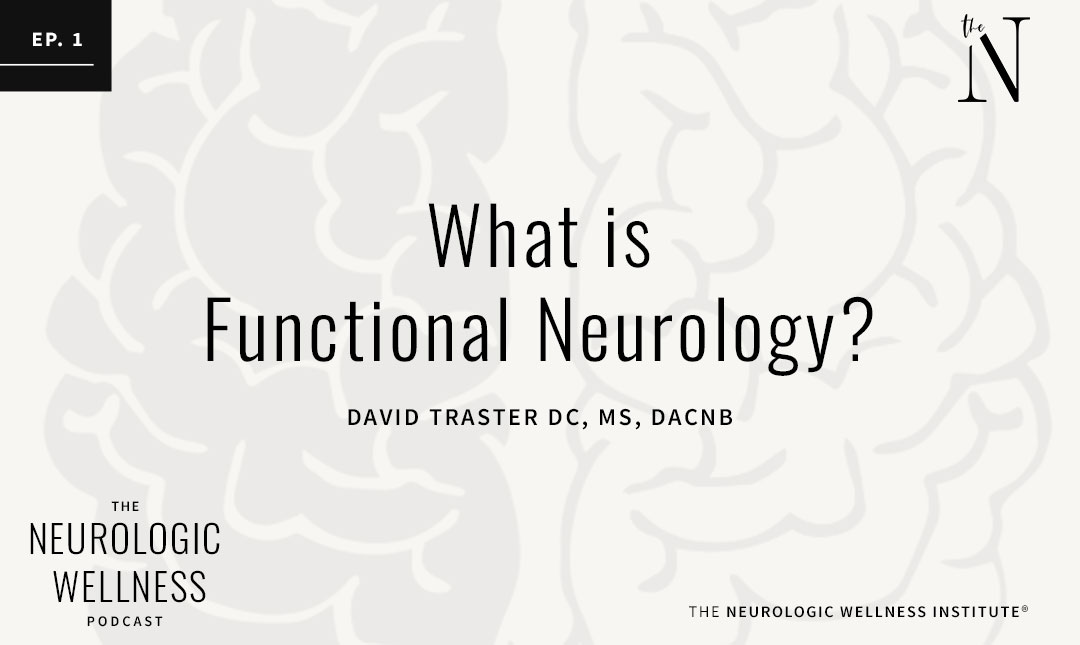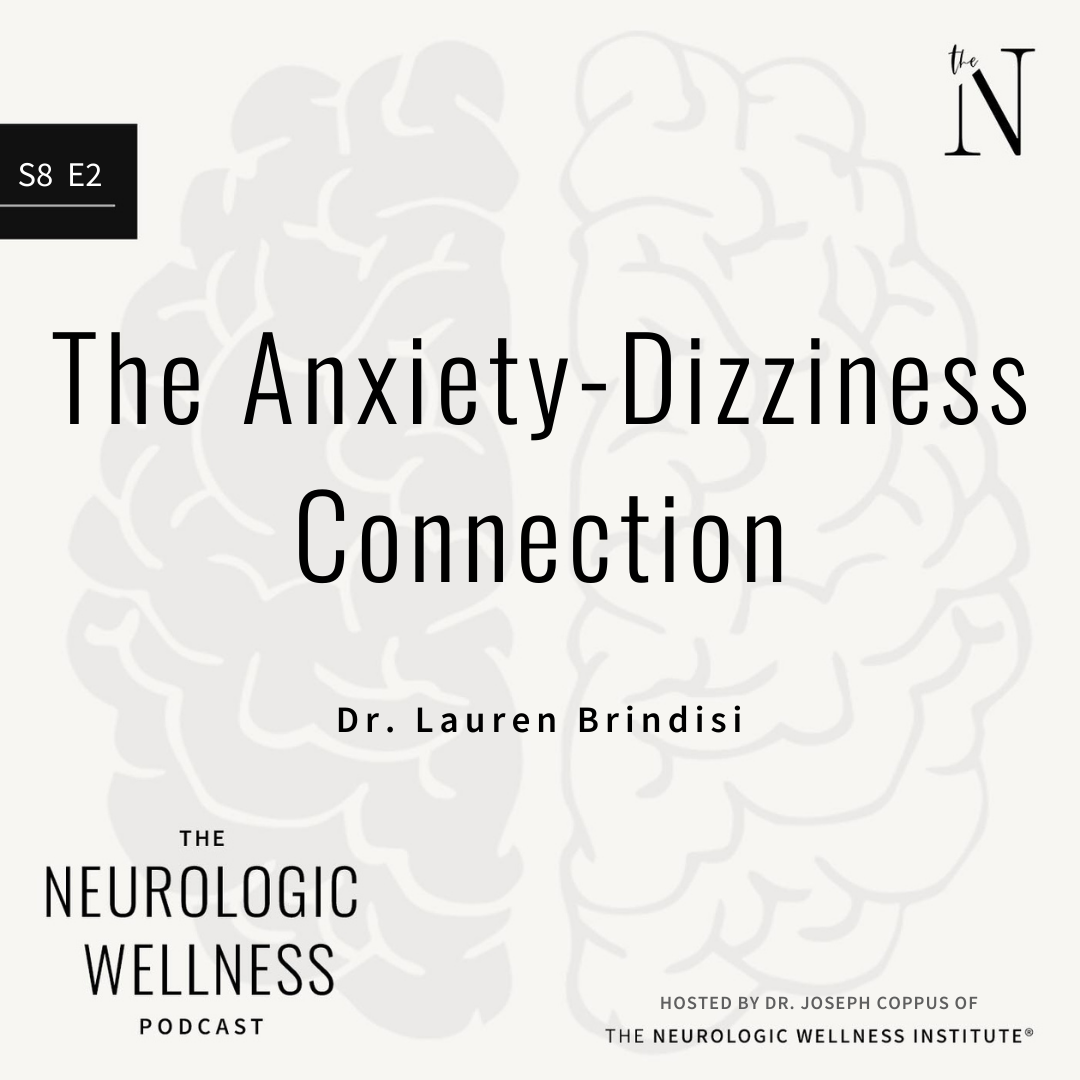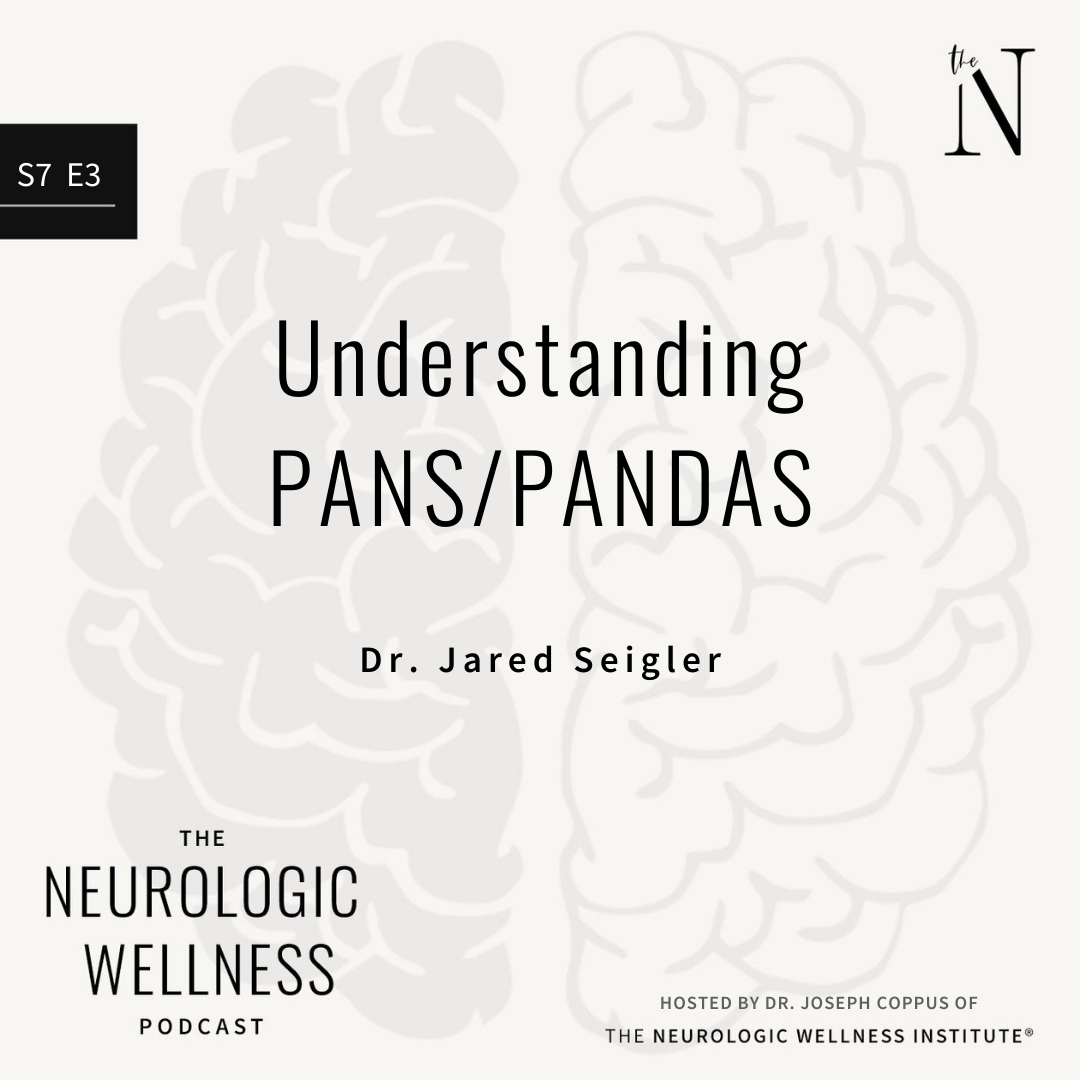Ask Dr. Nick
On today’s episode, Dr. Nick talks about new evidence that shows fat in the diet is not associated with cardiovascular disease and actually lowers mortality risk. Dietary fat is actually broken down into fatty acids that are used by our body for energy, building cell membranes, or signalling. Saturated fatty acids do not contain any double bonds in their chain, so they are solid at room temperature and highly stable. These are found mostly in animal fats like butter and tallow, but also coconut oil. Unsaturated fatty acids contain double bonds, so they are liquid at room temperature and less stable. Monounsaturated fatty acids contain 1 double bond, whereas polyunsaturated contain more than one double bond and are very unstable. In the 2017 article, it was found that dietary intake of total, saturated, monounsaturated, and polyunsaturated fat were all associated with decreased risk of all-cause mortality, whereas carbohydrate intake increased risk of mortality. There were no associations found between fat and carbohydrate intake with cardiovascular disease and mortality risk, but saturated fat intake was associated with decreased risk of stroke. Check out the video for more in depth information on the types of fatty acids and how saturated fat may not actually be bad!
Reference: Dehghan M, Mente A, Zhang X, Swaminathan S, Li W, Mohan V, Iqbal R, Kumar R, Wentzel-Viljoen E, Rosengren A, et al. Associations of fats and carbohydrate intake with cardiovascular disease and mortality in 18 countries from five continents (PURE): A prospective cohort study. Lancet. 2017;390:2050–2062. doi: 10.1016/S0140-6736(17)32252-3




